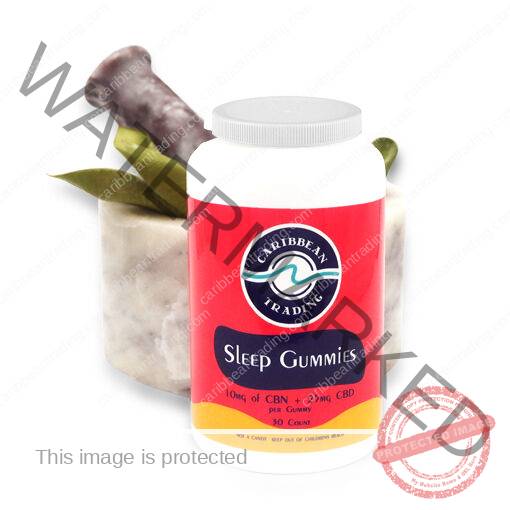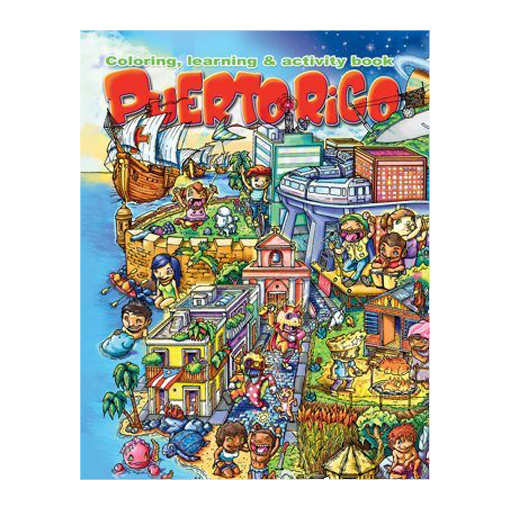Caribbean Lifestyle
How to Improve Your Sleeping Routine While Traveling
When you travel to the Caribbean, the excitement of exploring its tropical islands, diverse cultures, and stunning natural landscapes can often make it hard to focus on rest. Between the thrill of new experiences and adjusting to a different environment, getting a good night’s sleep can be a challenge. In this guide, we’ll offer practical tips to help you improve your sleep routine while traveling in the Caribbean, so you can stay energized and fully enjoy everything this beautiful region has to offer—from its scenic views to its unique local experiences.
Understanding the Importance of Sleep
Sleep is crucial for overall health and well-being. When you travel, your body undergoes a lot of stress and changes, making quality sleep even more essential. Lack of sleep can lead to fatigue, irritability, and decreased cognitive function, which can dampen your travel experience. Therefore, prioritizing your sleep while on the road is key to maximizing the benefits of your trip. A well-rested traveler is likely to have enhanced mood and sharper focus, which translates to a more fulfilling adventure. Prioritizing adequate sleep will also allow you to better appreciate the new surroundings and experiences that await you.
Buy a Sleeping Mask
Investing in a good sleeping mask can be a game-changer for your travel sleep routine. A black sleep mask blocks out light, which is one of the primary disruptors of sleep. Whether you’re on a plane, staying in a hotel, or camping outdoors, a sleeping mask can help create a dark environment conducive to sleep. Choose a mask that is comfortable and adjustable to fit your needs. Consider the material and design; look for softer, breathable fabrics that won’t irritate your skin, allowing for a serene and restful night. With the right sleeping mask, you can transform even the most brightly lit environment into a peaceful sanctum, promoting deeper and more restorative sleep.
Create a Sleep-Inducing Environment
Creating a sleep-friendly environment is essential when you’re away from home. This means controlling the factors that can influence your sleep, such as lighting, noise, and temperature. Use blackout curtains or an eye mask to keep the room dark. Consider using earplugs or a white noise machine to drown out unwanted sounds. Adjust the room temperature to your preference, aiming for a cool and comfortable setting. Furthermore, personal touches, such as bringing along familiar items like your pillow or blanket, can offer added comfort and evoke a sense of home, subconsciously preparing your mind for rest. By cultivating a space that promotes relaxation, you set the stage for peaceful slumber, no matter where you find yourself.
Stick to a Consistent Sleep Schedule
One of the best ways to maintain good sleep hygiene while traveling is to stick to a consistent sleep schedule. Try to go to bed and wake up at the same time every day, even when you’re in a different time zone. This helps regulate your body’s internal clock and improves the quality of your sleep. Use alarms and reminders to help you stay on track. Additionally, consider incorporating a bedtime ritual or routine, such as gentle stretches or journaling, to signal your body that it’s time to wind down. Establishing this consistency allows you to acclimatize more comfortably to your new surroundings while ensuring that your body remains aligned with the restorative cycles that sleep provides.
Limit Exposure to Electronics
Electronic devices, such as smartphones, tablets, and laptops, emit blue light that can interfere with your sleep. Limit your use of these devices at least an hour before bedtime. Instead, engage in relaxing activities like reading a book, practicing mindfulness, or listening to calming music. This will help signal to your brain that it’s time to wind down and prepare for sleep. Creating a tech-free zone in your sleeping space, or designating it as an area solely for rest and relaxation, can further enhance your sleep quality. By consciously living in the moment and disconnecting from digital distractions, you allow your mind to fully transition into a state of restfulness. If you need to work or simply can’t stay away from electronics, consider at least using blue light glasses, which help reduce the negative effects of screen exposure on your sleep.
Stay Hydrated but Avoid Caffeine and Alcohol
Staying hydrated is important for overall health, especially while traveling. However, be mindful of your intake of caffeine and alcohol, as both can disrupt your sleep. Caffeine is a stimulant that can keep you awake, while alcohol can interfere with the quality of your sleep. Stick to water and herbal teas in the evening to promote better sleep. Additionally, monitoring your fluid intake is essential; while it’s crucial to stay hydrated, try to limit consumption right before bedtime to avoid frequent trips to the bathroom during the night. By fostering a sensible approach to hydration, you enhance your chances of a restful night and wake up feeling refreshed for the adventures that lie ahead.
Practice Relaxation Techniques
Incorporating relaxation techniques into your bedtime routine can help you fall asleep faster and improve the quality of your sleep. Techniques such as deep breathing, progressive muscle relaxation, and meditation can reduce stress and calm your mind. Try a few different methods to see which works best for you and make it a part of your nightly routine. You might even consider guided meditation apps or soothing soundtracks to assist you in your relaxation efforts. By making relaxation a dedicated practice in your nightly routine, you create a mental cue that signals your brain to relax and prepare for the restorative process of sleep.
Be Mindful of Your Diet
What you eat can have a significant impact on your sleep. Avoid heavy, rich meals close to bedtime, as they can cause discomfort and indigestion, making it harder to fall asleep. Opt for light snacks if you’re hungry before bed. Foods rich in tryptophan, magnesium, and melatonin, such as nuts, seeds, and cherries, can promote better sleep. Furthermore, consider planning your meals around your travel schedule, aiming for lighter fare in the evenings and giving your body ample time to digest before hitting the pillow. Taking a mindful approach to your diet not only improves sleep quality but also enhances your energy levels during your travels.
Adjust to the Local Time Zone
When traveling across time zones, it’s important to adjust to the local time as soon as possible. Try to get outside during daylight hours and expose yourself to natural light, which helps regulate your internal clock. Avoid taking long naps during the day, as they can interfere with your ability to sleep at night. By embracing the local rhythm, your body can more easily adapt, reducing the overall impact of jet lag. Additionally, consider strategically timing your meals and activities to align with your destination’s schedule. This will further aid in your transition and enhance your overall travel experience.
Maintaining a healthy sleep routine while traveling is essential for enjoying your trip and staying energized. By following these practical tips, such as buying a sleeping mask, creating a sleep-inducing environment, and sticking to a consistent sleep schedule, you can ensure you get the rest you need. Sweet dreams and safe travels! With these strategies in place, you can navigate the challenges of traveling with ease, allowing yourself to embrace new experiences while maintaining your well-being.
Conclusion
Maintaining a healthy sleep routine when visiting the Caribbean is essential for getting the most out of your trip. With a few simple adjustments, such as bringing a sleeping mask, creating a sleep-friendly environment, and staying mindful of your schedule, you can ensure restful nights that leave you refreshed for each day’s adventures. By following these strategies, you’ll be well-equipped to fully immerse yourself in the vibrant culture and breathtaking landscapes of the Caribbean while keeping your well-being in check. Sweet dreams and safe travels!







